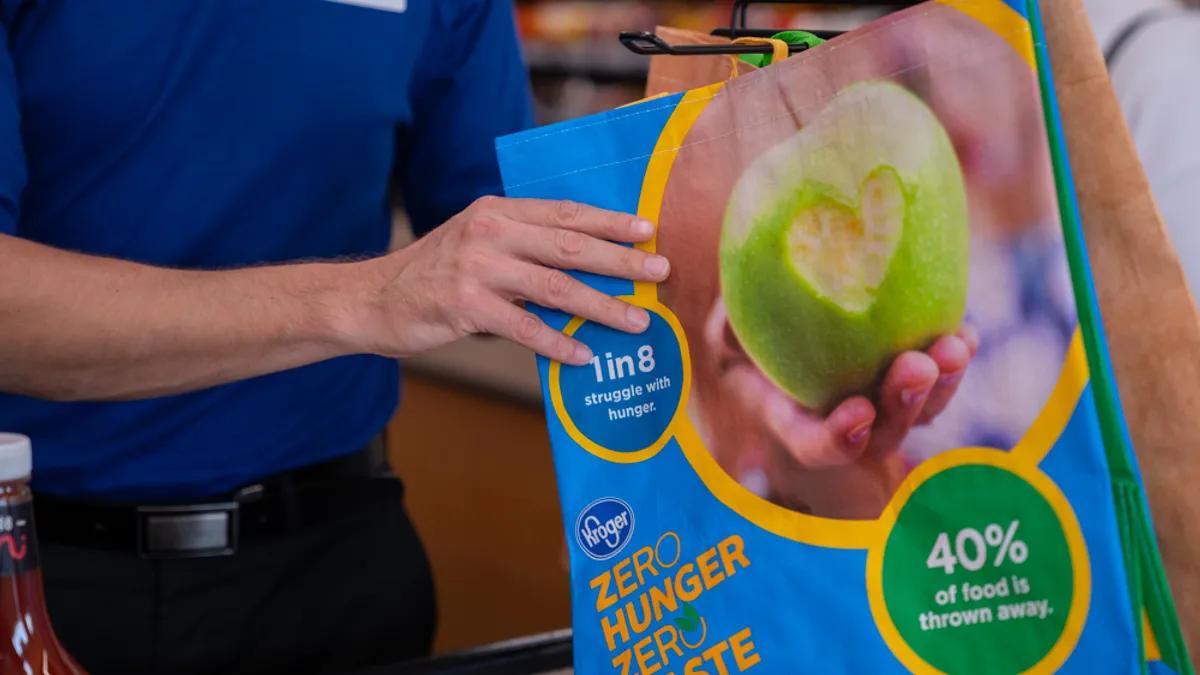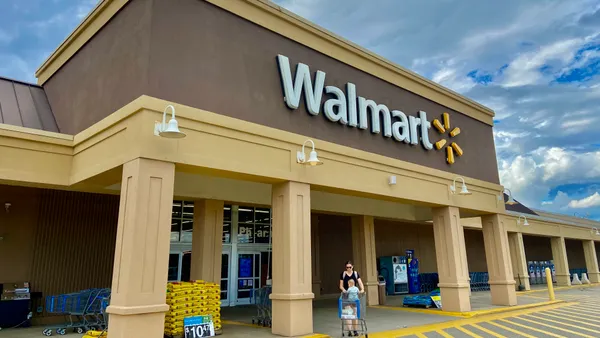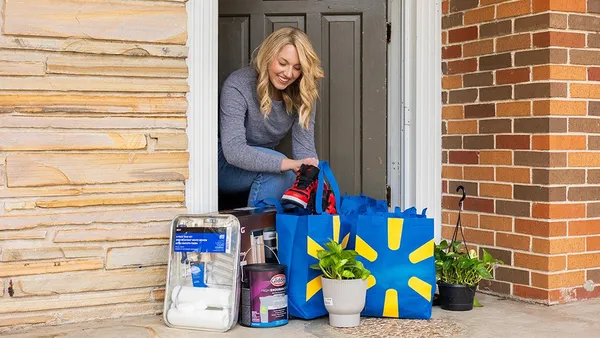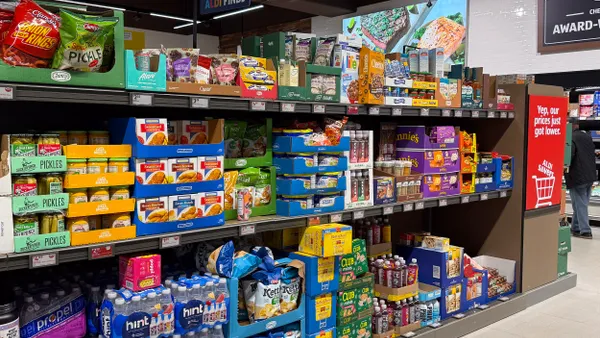Dive Brief:
- As more retailers move to reduce or eliminate plastic, the plastics industry is pushing back against legislative bans and taxes on bags, straws and other items, claiming that alternatives are not only worse for the environment but also more expensive, according to The Wall Street Journal.
- The Flexible Packaging Association has launched a website touting the benefits of plastic, while the American Progressive Bag Alliance's "Bag the Ban" initiative sets out to educate consumers on how plastic bags are more environmentally friendly than ban advocates would have you believe.
- The debate has resulted in some states hitting the brakes on legislation while the science is hashed out. The Florida Senate passed a bill mandating a study on current restrictions before putting any straw bans on the books.
Dive Insight:
Plastic industry advocates argue that alternatives to plastic bags may be worse for the environment. Trade groups say producing alternatives, like those made from cotton or palm oil, deplete other natural resources.
The reduction in plastics from retailers, however, shows no signs of slowing down. Just this week, Whole Foods announced plans to ban plastic straws from all 500 of its stores by July, making it the first national grocer to do so. This follows recent straw bans by McDonald's in the U.K. and Starbucks and is indicative of the retail industry's strategy to reduce waste — one that generally supported by consumers. According to Morning Consult, 67% of U.S. adults support companies phasing out plastic straws.
But it’s not just about bags and straws. Walmart, Albertson’s, Kroger’s QFC, Aldi and Trader Joe’s have all unveiled plans to improve product packaging on the shelf, meal kits and bags. This is also in step with many state and local government regulations banning plastics. California and New York both have laws on the books outlawing single-use plastic bags while Maryland, Hawaii and several cities are considering similar legislation.
The effort is global. Last July, the United Nations found that 127 countries have enacted or taxed plastic bags. It also estimates that between one and five trillion bags are produced every year. However, studies have shown that bans have conflicting consequences. A 2016 study found that after California banned bags, consumers used fewer single-use bags, leading to a reduction of 40 million pounds of plastic waste. On the flip side, sales of plastic trash bags rose, offsetting that reduction by 28 million pounds.
Some industry advocates suggest an overhaul of the nation’s recycling infrastructure would be a better long-term solution than relying on reusable bags. The packaging industry will need to find innovative ways to be green and also be convenient — another major factor driving consumer decisions.
Correction: An earlier headline misstated the plastic industry's position. Organizations like the American Progressive Bag Alliance are formally opposed to government-imposed taxes and restrictions, not retailers' plastic reduction efforts.












